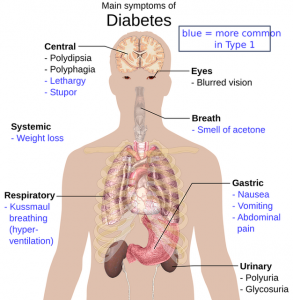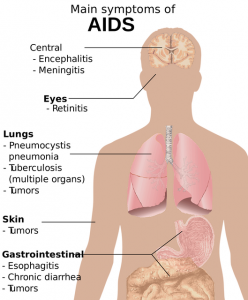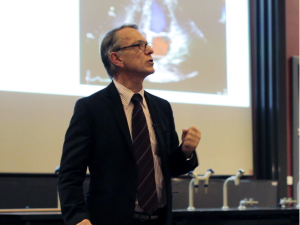Type 2 Diabetes. Some news reports have suggested that high selenium intakes and status may be potential risk factors for the development of type 2 Diabetes mellitus. However, current data show that supplemental selenium does not cause diabetes [Schomburg 2020].

Moreover, in the Selenium Trial, the researchers saw no causal role for selenium in the development of insulin resistance or diabetes. Instead, they observed decreased fasting blood glucose levels in the selenium supplemented group compared to the control group [Jacobs 2019].









